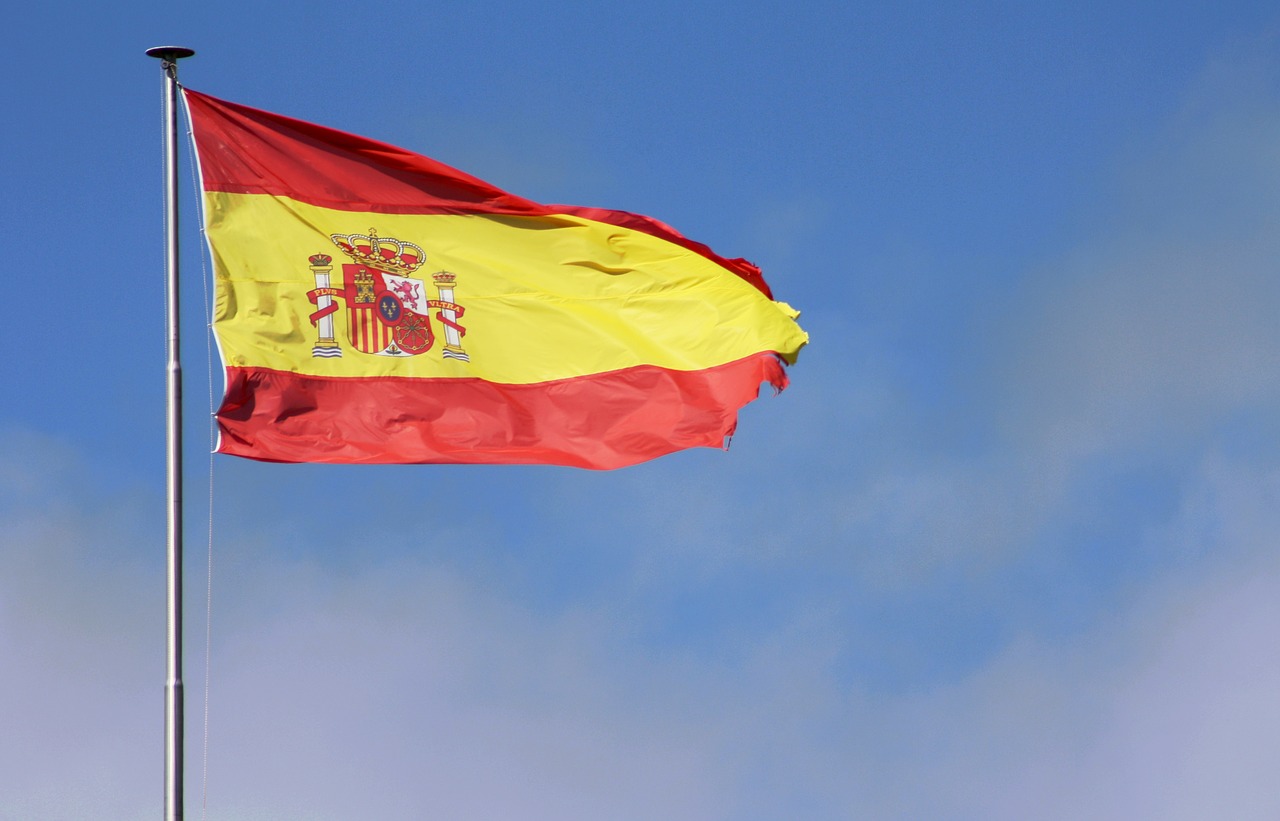Spanish authorities brace for Catalan separatists verdict

- Country:
- Spain
Spanish authorities are bracing for potentially violent protests in Catalonia as the region counts down to the possible jailing of separatist leaders. Spain's Supreme Court is expected to announce by Oct. 16 its much-awaited verdict in the case of 12 separatist leaders for their role in a banned referendum and short-lived independence declaration in 2017. Jail terms of up to 25 years are possible.
Catalan separatism has always prided itself on being a peaceful movement and its leaders say that has not changed. But there are concerns in Madrid that possibly heavy jail sentences for the separatist leaders could unleash pent-up frustration among a radicalized fringe, a senior parliamentary source told Reuters.
Underlining fears that some independence supporters are becoming disillusioned with mainstream secessionist parties, police last month arrested seven activists on charges of bomb-making and preparing violent acts for around the time of the verdict. A new group, Tsunami Democratic, has emerged, advocating more active forms of civil disobedience.
As a precaution, Catalan riot police have been equipped with heavier and taller security barriers to protect officers and which protesters cannot throw or climb over, police sources said. Tear and pepper gas have been authorized in Catalonia since 2012 but are used only in exceptional circumstances, police sources said. They will, however, be ready for protests after the trial verdict if needed, the sources said.
Sources in Spain's interior ministry said the government had already deployed an unspecified number of police reinforcements to Catalonia and could send more if the regional force asks for help. In Madrid, the acting Socialist government, which opposes independence for Catalonia, as do all mainstream parties, says it is ready to overrule the Catalan government and take direct control - as its conservative predecessor did in 2017 after the failed independence bid - if regional leaders break the law after the verdict.
"DISOBEDIENCE"? As an alternative to direct intervention, the government in Madrid is also considering using other legislation to take control of Catalonia's security forces in the event of a violent backlash against sentences imposed on the secessionist leaders, the parliamentary source said.
That would only happen if authorities lose confidence in the Catalan police's handling of the situation, the source added. The full extent of the likely protests, beyond those already announced, remains unclear.
Separatist parties have agreed on massive but peaceful "civil disobedience" if the 12 leaders are not acquitted. Grassroots groups Assemblea Nacional Catalana and Omnium Cultural, some of whose leaders are among those awaiting the Supreme Court's verdict, said there would be protests in a number of Catalan towns within hours if they are convicted.
These groups, which have organized peaceful protests since 2012, have also planned marches over a period of three days from five Catalan towns to Barcelona, where the protests would merge. "ACHIEVE NOTHING"?
Some independence supporters say more should be done. "If we don't do something very strong, like blocking all of Catalonia ... we will achieve nothing," garage worker Albert Gonzalez told Reuters at a pro-independence rally. He praised the "yellow vest" protests in France and pro-democracy demonstrations in Hong Kong.
Tsunami Democratic, whose leaders have so far not made themselves known, said on Twitter that it wants an "immediate reaction" by citizens after the ruling, such as walking out of their jobs or classrooms. The goal is "to create a generalized and prolonged situation of crisis in the Spanish state," it said. The seven activists arrested last month are alleged by prosecutors to be linked to the grassroots CDR, a group which in the last two years has occasionally briefly blocked roads and tried to storm the Catalan parliament.
Separatist leaders accuse Madrid of scare tactics. "The pro-independence movement is and will always be peaceful," said Catalan head of government Quim Torra. In a sign of how anxious separatists are to maintain their image of non-violence, the CDR and other stress they are peaceful.
"(Our name) has been stained. We are not violent," one senior member of the CDR who is active in the Barcelona neighborhood of Sant Antoni told Reuters. He described the organization's actions as intended to pressure politicians. While it was possible that a frustrated minority could be tempted to act violently, he stressed peaceful activism was the only way forward. "The state is very strong. They would always win over us," he said.
Prosecutors are seeking 7 to 25 years in jail for the separatist leaders - nine of whom have been in pre-trial detention for almost two years - over charges of rebellion, sedition, and misappropriation of public funds. Joan Esculies, a history professor at the Open University of Catalonia, said disappointment with separatist leaders might cause a minority to act violently.
But he said there was no widespread support for violence in Catalonia and it would be wrong to draw any comparisons between Catalan separatism and ETA, the Basque secessionist group that ended its campaign of violence in 2018 after killing more than 850 people over almost half a century.
Also Read: World's Largest Car Rental Operator Recognized for Corporate Citizenship and Industry Leadership
(This story has not been edited by Devdiscourse staff and is auto-generated from a syndicated feed.)
ALSO READ
Serbia to boost defence industry cooperation with France, President Vucic says
Hong Kong sees 57.2 per cent jump in property sales in March
Olympics-France's Macron says he has no doubt Russia will try to target Paris Olympics
France's Macron dismisses Russian remarks suggesting Kyiv and Paris had a role in Moscow attack
Students to Explore Higher Education Options with Top-Ranked Hong Kong Universities at "Study in Hong Kong" India Education Fair










